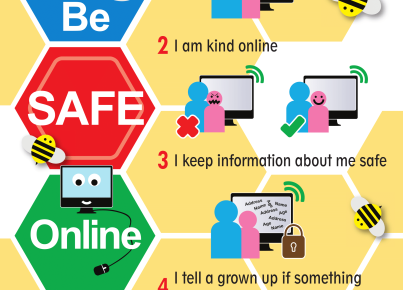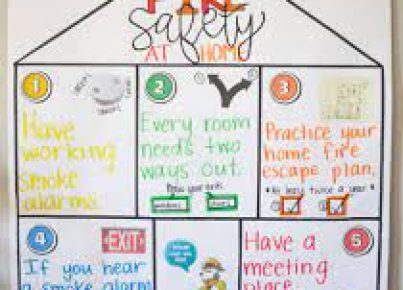School trips offer students the opportunity to learn beyond the classroom walls, experience new environments, and create lasting memories. However, planning a successful school excursion involves considerable thought to ensure safety, educational value, and enjoyment for everyone involved. This guide outlines the essential steps educators must follow to organize a foolproof school trip.
Pre-Planning is Paramount
The groundwork for a successful excursion begins with meticulous pre-planning. Start by choosing an educational destination relevant to your curriculum. Obtain all necessary permissions from school administrators and consider the most suitable time of year for the outing.
Risk Assessment
Conducting a thorough risk assessment is crucial for student safety. Evaluate potential hazards at the destination and during transit. Make contingency plans for emergencies, such as inclement weather or medical issues.
Transportation Troubles Be Gone
Reliable transportation is critical. Book transport services in advance and verify that they comply with safety regulations. Ensure that students are familiar with basic road safety rules and conduct a headcount before departure and upon returning.
Information Is Key
Keep parents informed throughout the process. Prepare detailed itineraries, consent forms, and list necessary items children should bring. Establish clear communication channels for updates during the trip.
Educational Engagement
Maximize learning by planning structured activities that align with academic goals. Consider guided tours or workshops offered at the destination to deepen student engagement.
Health And Nutrition
Students need to stay hydrated and energized. Arrange for meal breaks or inform students to pack lunches if necessary. Don’t forget to account for special dietary requirements.
Supervision Strategies
Assure adequate adult supervision by recruiting teachers and vetted volunteers to maintain a favorable student-to-chaperone ratio. Provide all supervisors with a detailed rundown of their responsibilities.
Post-Excursion Evaluation
After returning, debrief with students and staff to discuss what went well and what could be improved. This feedback is invaluable for future excursions.
Adhering to these guidelines will help educators plan successful school excursions that are safe, fun, and enlightening. It’s all about preparation, communication, and attention to detail—elements that guarantee not just an educational outing but an unforgettable experience for students too.





